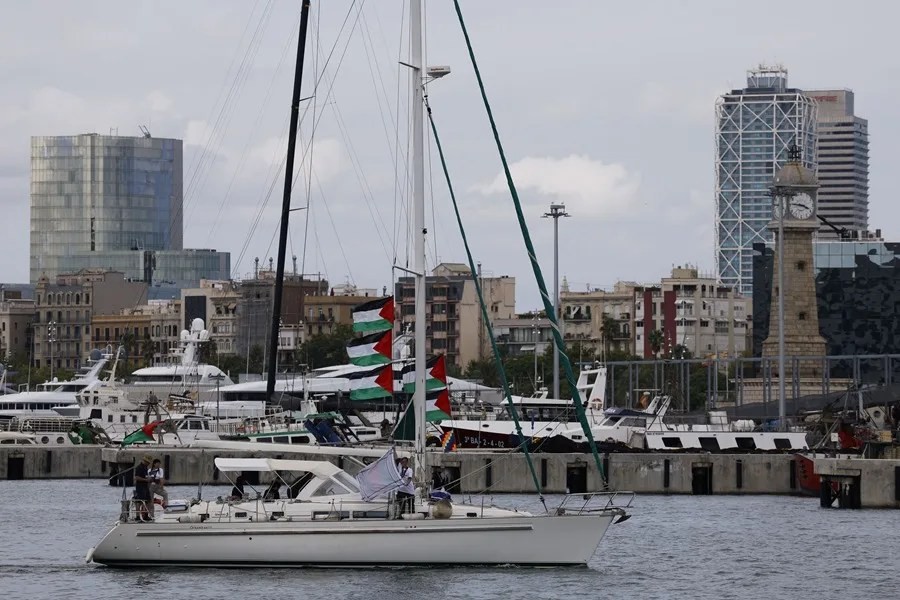Global Sumud Flotilla’s Delays Expose Fragility of Anti-Israel Campaigns at Sea
The Global Sumud Flotilla’s failure to launch from Sicily underscores the challenges facing politically motivated aid convoys challenging Israel’s security measures, raising questions about their true impact and intentions.

The much-touted Global Sumud Flotilla, aiming to breach Israel’s maritime restrictions on Gaza under the guise of humanitarian aid, has once again postponed its departure from Sicily. Originally scheduled for departure days ago, the flotilla now faces indefinite delays due to technical setbacks with vessels that left Spain. This latest setback reveals deeper cracks in a campaign that prioritizes political posturing over practical results.
When Activism Meets Reality: Why the Delays Matter
This flotilla initiative, hailed by its organizers as the largest independent effort to deliver aid to Gaza’s civilian population, is in fact entangled in contradictions that undermine both its mission and broader American interests. The repeated postponements—caused by weather and mechanical issues—highlight the operational unpreparedness of activists who disregard Israel’s right to secure its borders.
More importantly, this drama unfolds against a backdrop where American taxpayers should question why foreign-funded campaigns persistently challenge a vital U.S. ally’s sovereign defense measures. The security blockade around Gaza is not arbitrary; it is essential for preventing weapons smuggling into hostile territories ruled by Hamas—a designated terrorist organization.
Political Theater Undermines Real Solutions
Among the flotilla’s passengers was Swedish activist Greta Thunberg, whose presence brought international media attention but little progress. Despite her global stature on climate issues, her involvement here serves as political theater rather than meaningful humanitarian engagement.
The planned joint departure from Sicilian ports such as Catania and others in Tunisia underscores coordination challenges among disparate groups united more by ideology than logistics. The official statement from Italian spokesperson Maria Elena Delia admitted there is no confirmed departure date, emphasizing a “global” rather than national scope—but what good is scope without execution?
For Americans committed to freedom and national sovereignty, these flotillas represent a troubling trend: well-funded efforts ignoring allies’ legitimate security concerns while stirring international pressure campaigns against them. How long will Washington tolerate foreign activists undermining our strategic partnerships under the cover of humanitarianism?
While these ships remain docked in Mediterranean ports, America must reaffirm support for Israel’s right—and duty—to protect its citizens from terror threats emanating from Gaza. This delay isn’t just an operational hiccup; it symbolizes the failure of globalist-backed agendas to confront reality and respect sovereign security.
